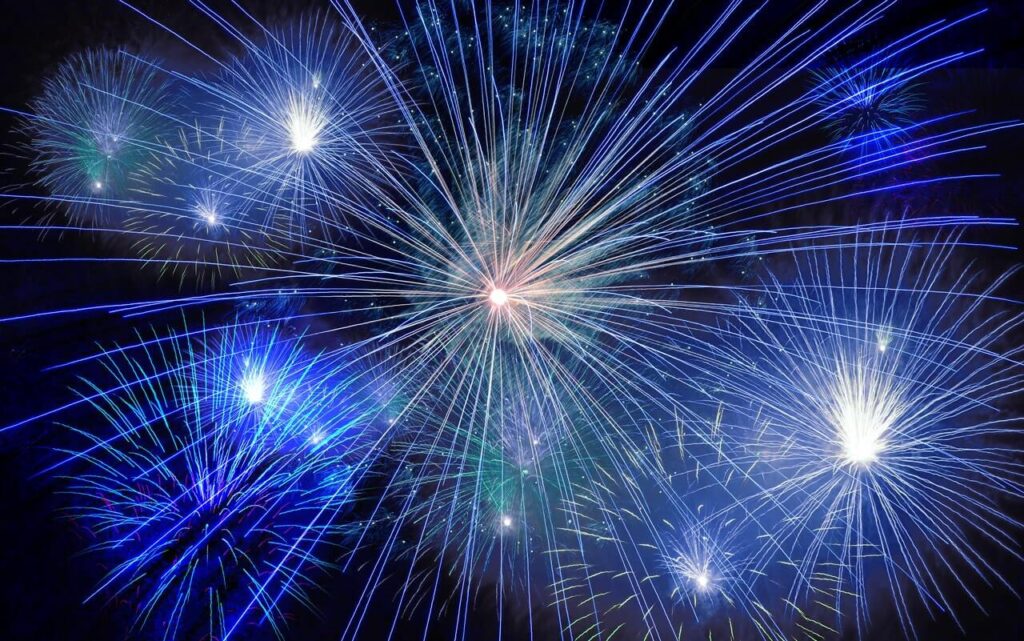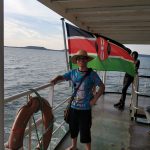
New Year’s Eve festivities begin with parties, music, and church services on December 31, leading up to the midnight countdown, which includes fireworks, music, and cheering to usher in the New Year. Mombasa is famous for its New Year’s Eve beach parties, which are frequently hosted by local radio stations and feature live music and DJs.
You might also wonder how Kenyans celebrate Christmas.
People try to stay at home on Christmas Eve so that they can assist with the holiday preparations. Colorful balloons, ribbons, paper decorations, flowers, and green leaves are frequently used to decorate homes and churches. To commemorate Christmas, many individuals, particularly Christians, will attend a Midnight Church Service.
Also, what are the Kenyan holidays and why are they celebrated?
Kenya celebrates public holidays on the days listed below.
1st January, New Year’s Day
Friday is a blessed day. The Gregorian calendar is used to determine the date.
Monday, April 1 The Gregorian calendar is used to determine the date.
May 1st is International Labor Day.
1st of June is Madaraka Day.
October 20th is Mashujaa Day*.
12th December is Jamhuri Day (Independence Day).
25th of December is Christmas Day.
What kind of Christmas decorations do you think you’d find in Kenya?
Kenyan cypress trees and a midnight mass
Cypress trees are used as Christmas trees in Kenya, and they are decorated for the holidays in the same way that we do at home. Houses and churches are festooned with colorful balloons, ribbons, paper decorations, and flowers in the streets.
What is Kenya’s major culture?
Kenyans themselves
Kenyans are mostly made up of 13 ethnic groupings, with an additional 27 smaller tribes. Kenyans are mostly from ‘Bantu’ tribes including the Kikuyu, Luhya, and Kamba. The Luo, Kalenjin, Maasai, and Turkana are among the ‘Nilotic’ tribes.




